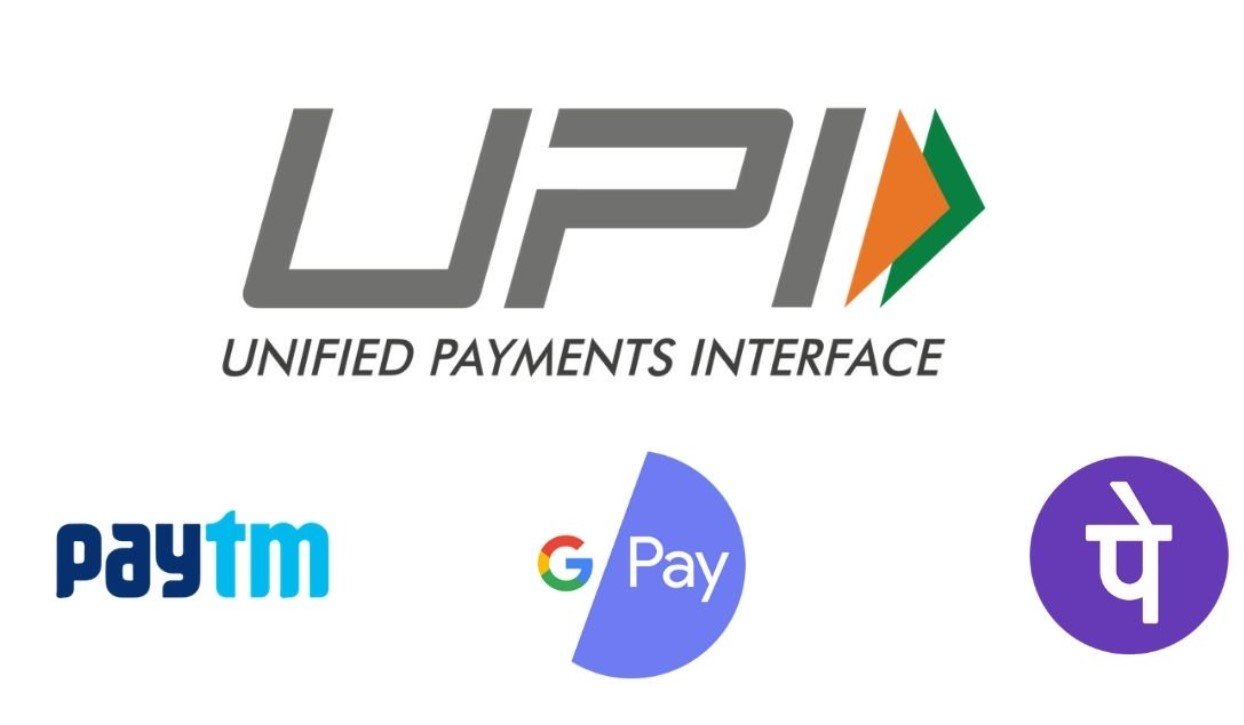India has expanded its Unified Payment Interface (UPI) services to Sri Lanka and Mauritius, making it easier and cheaper for people to make digital transactions across borders. The launch of UPI services in the two island nations was witnessed by Prime Minister Narendra Modi and the leaders of Sri Lanka and Mauritius through a video conference on Monday. India also launched its RuPay card services in Mauritius, enabling people to use Indian debit and credit cards in the country.

UPI: A Fast and Secure Payment System
UPI is a fast and secure payment system that allows people to transfer money from one bank account to another using their mobile phones. UPI was developed by the National Payments Corporation of India (NPCI), a non-profit organisation that operates the retail payments and settlement systems in India. UPI was launched in India in 2016, and has since become one of the most popular and widely used payment platforms in the country.
UPI enables people to send and receive money using a virtual payment address (VPA), which is linked to their bank account. UPI also allows people to scan QR codes, use biometric authentication, and access multiple bank accounts through a single app. UPI supports various types of transactions, such as peer-to-peer, merchant, bill, and tax payments. UPI charges a nominal fee of 0.65 rupees (less than one cent) per transaction, making it affordable and convenient for users.
UPI Services in Sri Lanka and Mauritius: Benefits and Challenges
UPI services in Sri Lanka and Mauritius are expected to bring several benefits and challenges for both the countries and India. Some of the benefits and challenges are:
- Benefits:
- UPI services will facilitate cross-border remittances, trade, and tourism, as people will be able to send and receive money easily and cheaply, without having to use intermediaries or foreign exchange services.
- UPI services will promote financial inclusion, digital literacy, and innovation, as more people will have access to formal banking and payment services, and will be able to use new and advanced technologies.
- UPI services will strengthen the bilateral relations, cultural ties, and people-to-people contacts between India and the two countries, as they will share a common payment platform and experience.
- Challenges:
- UPI services will require regulatory coordination, technical integration, and security compliance, as the payment systems of the three countries will have to be compatible and interoperable, and will have to adhere to the international standards and norms.
- UPI services will face competition, resistance, and adaptation, as the existing payment systems and players in the two countries will have to cope with the new and disruptive entrant, and will have to adjust to the changing consumer preferences and behaviour.
- UPI services will pose risks, threats, and vulnerabilities, as the payment systems and data of the three countries will be exposed to cyberattacks, frauds, and breaches, and will have to ensure the privacy and protection of the users and their information.
UPI Services in Other Countries: Opportunities and Prospects
UPI services in Sri Lanka and Mauritius are part of India’s efforts to expand its digital payment footprint and influence in the world, especially in the neighbouring and friendly countries. India has already launched UPI services in France, in collaboration with a French payment company, Lyra, in 2023. India has also launched its RuPay card services in several countries, such as Singapore, Bhutan, UAE, Saudi Arabia, and Bahrain.
India has expressed its interest and intention to launch UPI services in other countries, such as the US, the UK, Canada, Australia, Japan, and South Korea, where there is a large Indian diaspora and a high demand for digital payment services. India has also proposed to launch UPI services in the African countries, where there is a huge potential and need for financial inclusion and digital transformation.
India’s UPI services have received recognition and appreciation from various international organisations and forums, such as the World Bank, the International Monetary Fund, the G20, and the United Nations. India’s UPI services have also been praised for their role in combating the Covid-19 pandemic, by enabling contactless and cashless transactions, and supporting the relief and recovery efforts.



















